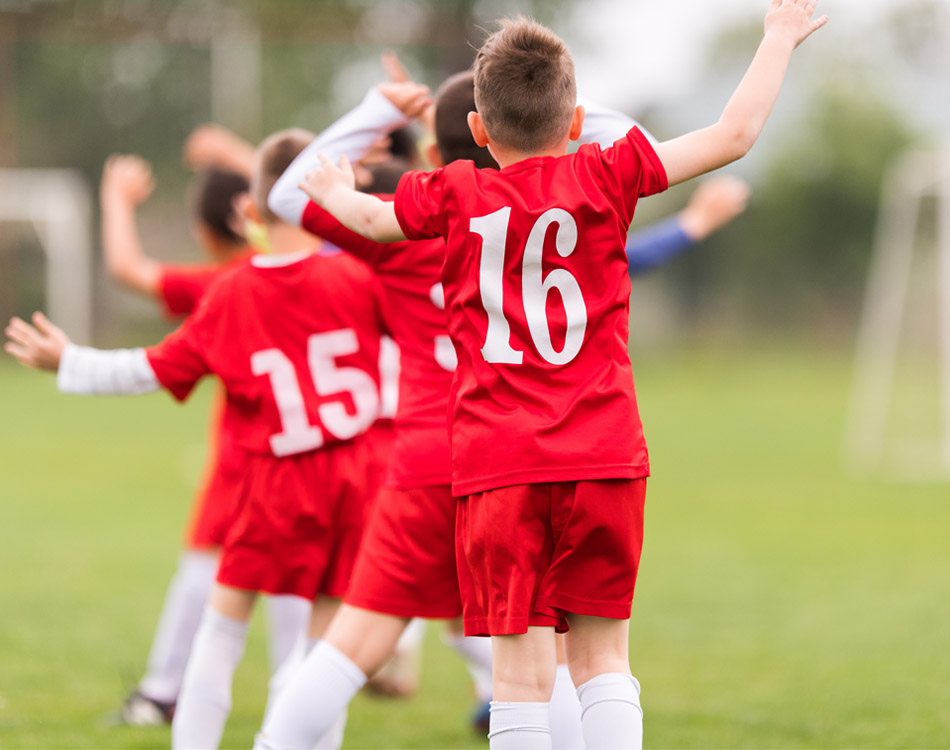Some of the most experienced football coaches in Moldova will work and train the children and youth at the Football Academy Radu Rebeja, guaranteeing the quality, authenticity and effective implementation of the programs.

We focus on quality rather than on quantity. Therefore, children and young people receive a great individual attention within the Academy’s programs.
At the Football Academy Radu Rebeja there are several groups, depending on age. All groups have an individual training program, goals and activities are specific and vary from one level to the next, aiming for a harmonious development of player skills as follows:

STAGE NO. 1: 5-8 years
The focus is on the following:
- Decision-making in game situations (football and non-football):
– perception;
– decision making.
- Understanding body anatomy.
- Understanding and perceiving the skills in terms of time management.
- Understanding and perceiving the space and time organization capabilities.
- The learning context of technical skills.
- Technical exercises in analytical situations.
- Structure of motor actions.
- Self-knowledge activities (psychology).
STAGE NO. 2: 9-11 years
The focus is on the following:
- Decision-making in game situations (football and non-football):
– perception;
– decision making.
- Technical analysis activity (body coordination) in tactical situations.
- Play in position. Understanding and perceiving space in relation to the game.
- Exercises and physical work related to ball work (maximum intensity in action).
- General coordination exercises.
- Self-knowledge (learning psychology).
STAGE NO. 3: 12-15 years
The focus is on the following:
- Decision-making in game situations (football and non-football):
– perception;
– decision making.
- More technical exercises in global game situations.
- Technical decisions in tactical game situations.
- Play in position. Strengthening the understanding and perception of the personal space and space of other players.
- Understanding the time and its connection with the understanding of the game.
- Physical exercises in game situations. Intensity in activities.
- Exercises and general coordination work.
- Exercises and work towards general development. Self-knowledge (learning psychology).
STAGE NO. 4: 16-19, Youth Team
The focus is on the following:
- Decision-making in game situations (football and non-football):
– perception;
– decision making.
- Technical exercises in global game situations. Technical decisions in tactical game situations.
- Play in position. Strengthening of understanding of the personal space and space of other players. Creating, occupying and using the space.
- The relationship between perception and understanding of time and its application on the field. The use of created space.
- Physical exercises in situations of play. Intensity in activities. Beginning of specific work and exercises.
- Work on general development. Self-knowledge (learning psychology).
Teaching methods
- Developing a smart player that recognizes and effectively responds to game situations;
- The Academy offers tasks for solving, not solutions for these tasks;
- The training and learning context for the player is his team;
- Understanding the sense of responsibility towards oneself and colleagues;
- Technical decisions in tactical game situations.
- Play in position. Strengthening the understanding and perception of the personal space and space of other players.
- Understand the time and its connection with the understanding of the game.
- Creating as many unpredictable game situations as possible so that they become predictable for the player;
- The logical structure of information transmission;